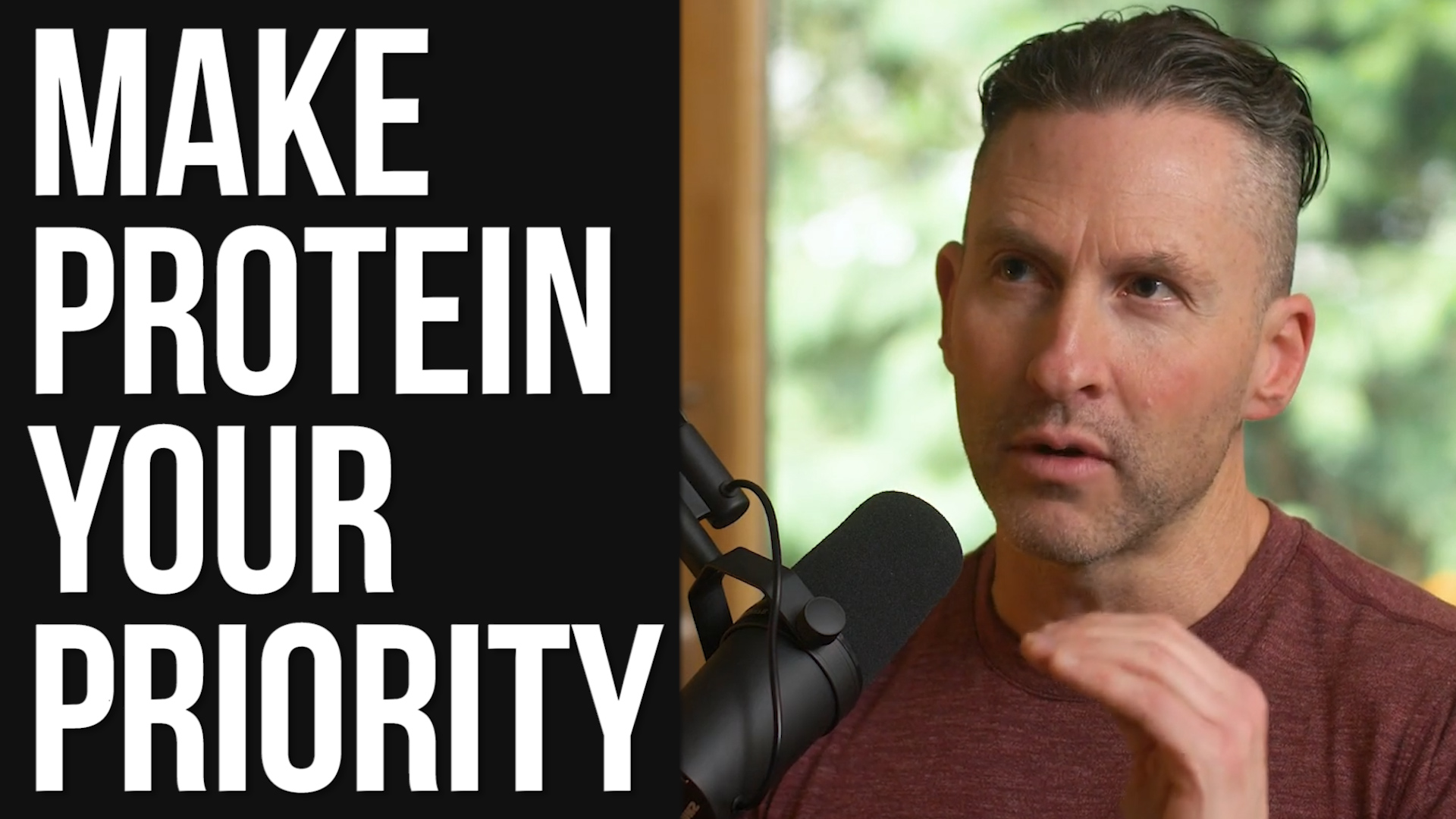Freedom To Eat
This is one of the definite advantages to Intermittent Fasting.
It allows you to eat thing you would normally eat in a social setting or any other time.
A case in point on this is...
Metabolic Flexibility
Are you programmed to be lean and muscular? Here's how to find out where you stand, and what you can do about it.

www.t-nation.com
This article is from Mike T. Nelson, one of the leading researchers on Intermittent Fasting.
I recently received a very interesting voice mail from Adam, one of my current group of "lab wabbits." He said he'd lost over 20 pounds of body fat between November and July, dropping from 17% to 12% bodyfat while adding over 4 pounds of lean mass.
...Adam was reportedly consuming plenty of "evil" carbs, red meat, and beer as he achieved these results – and that his results were about average in the group of test wabbits.
Metabolic Flexibility is defined as being about to utilized ketones (body fat) or glucose (carbohydrates) dependent on the activity.
Metabolic Flexibility: What the Heck Is It?
Metabolic flexibility is the
ability to switch from one fuel source to the next. Due to possible discontinuities in both the supply and demand for energy, humans need a clear capacity to use lipid and carbohydrate fuels and transition between them.(1) This capacity is a healthy state called metabolic flexibility.
Let break this down some more...
Glucose Dependent
Individual on the SAD, Standard (High Carbohydrate) American Diet are "Glucose Dependent". They are adept at utilizing glucose for energy but not ketones.
Fat Dependent
Individual on a Ketogenic Diet appear to be able to utilize ketones (body fat) more so than glucose. There is some research that indicates that individuals on a Ketogenic Diet may be about to access and utilize glucose. However, that is still up in the air
Hybrid Car Effect
One of the benefits of Intermittent Fasting is your metabolic system resembles a Hybrid Car that runs off electricity and gas
Think of electricity as ketones (body fat). Ketones/body fat is utilized for low level activities. The Hybrid Car does the same, using electricity for lower level activities, like in town trips.
Gas is like glucose. When you punch down on the accelerator to speed up to pass another car, the Hybrid Car uses gas to power you around it.
The same applies to exercises or activities that are over 30 seconds. Glucose is the gas is the predominate fuel source.
Intermittent Fasting turn you in to a Hybrid Car; able to access either ketones or glucose dependent you your needs.
Intermittent Fasting
Intermittent Fasting is under eating; being in a Caloric Deficit
.
Papa Georgio covered some of this. There are a many good online article on this.
The Best Intermittent Fasting Plan
As you are aware, there are a multitude of plans.
The best plan for you is the one that you like.
The only way to find out which one you like to experiment with them, like Goldilocks did.
"Everything Works But Nothing Works Forever"
Losing weight with a Calorie Deficit only works for so long before you plateau. That because the body adapts to your new lower caloric intake.
The same occurs with an exercise program.
The MATADOR Diet Research Study
Greater weight and fat loss was achieved with intermittent ER. Interrupting ER with energy balance 'rest periods' may reduce compensatory metabolic responses and, in turn, improve weight loss efficiency.

pubmed.ncbi.nlm.nih.gov
One of the keys to maintaining weight loss is to rotate your calorie intake approximately every two weeks.
Drop your calorie intake around 20% for two weeks. Then increased it back to your previous intake, your previous maintenance level, for two weeks.
This calorie rotation is what Bodybuilder have done for decades, via Bulking and Cutting.
With that in mind, as your body weight decreases, you energy demands decrease. Think of it like going from a 8 cylinder car down to a 6 cylinder car then down to a 4 cylinder car.
The 6 cylinder car burn less than the 8 cylinder bar, 4 cylinder car is going to use less gas than the 6 cylinder. In your case, dropping your body weight down, does the same thing, your going to burn fewer calories.
That means you will need to take your new body weight into account and adjust your calories accordingly.




